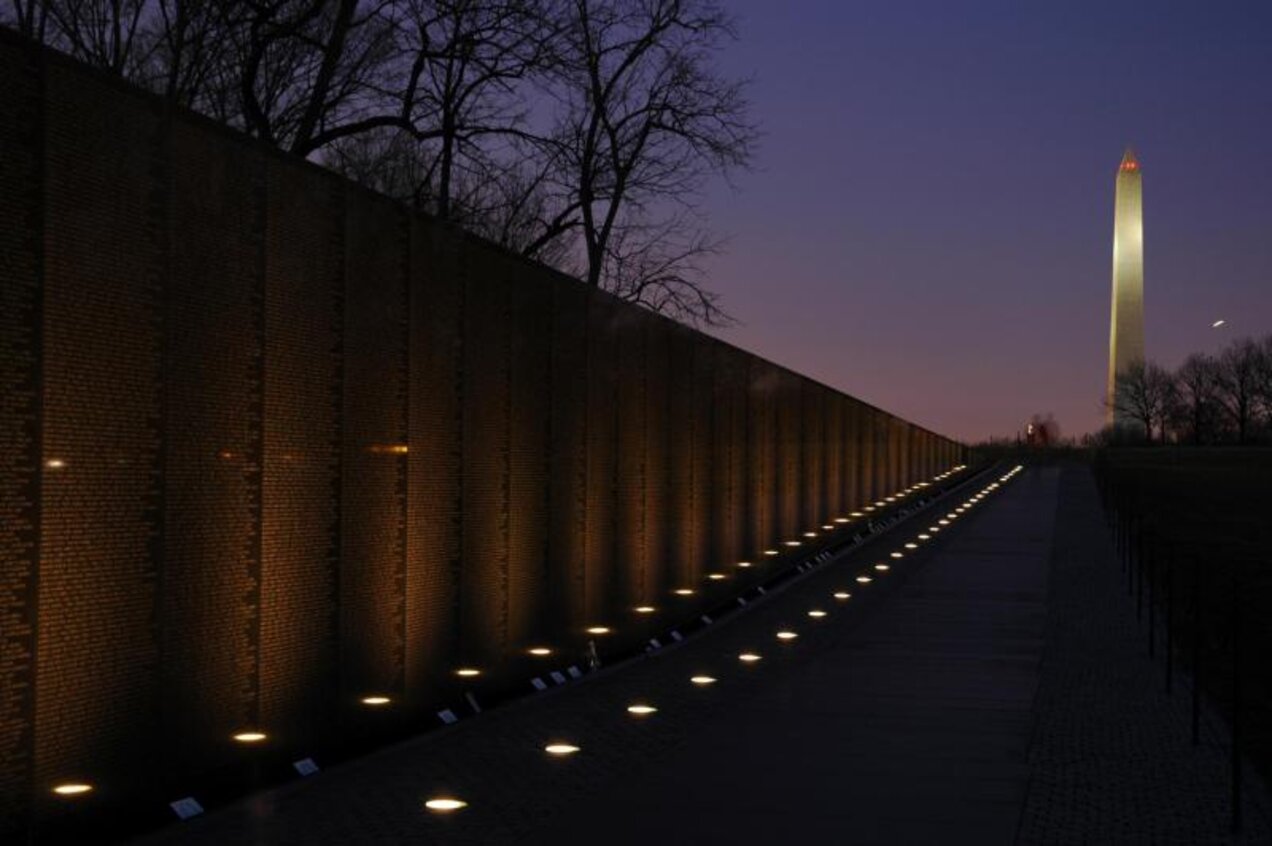
by William Collins Donahue
 ©
CC BY SA 2.0, US National Park Service
©
CC BY SA 2.0, US National Park Service
"Memory culture has metamorphosed into a forgetting culture, made in the USA." In this essay, William Donahue proposes a covert connection between the long-standing American suppression of civilian and non-combatant ‘collateral damage’ in military campaigns of the past, on the one hand, and the current willingness to countenance massive civilian deaths in contemporary conflicts, on the other. This pattern of suppression – the opposite of German memory culture at its best – helps to explain American tacit acceptance of the high civilian ‘cost’ of the war in Gaza. The original version of this text, published in German, appeared in the journal Merkur in July 2025.
William Collins Donahue is Professor of European Studies at the University of Notre Dame (USA) and was a Senior Fellow at the College for Social Sciences and Humanities from March to August 2025.
Until recently, before President Trump began ‘cleansing’ federal websites (first at the Veterans’ Administration and more recently at the National Park Service) of references to racial injustice, the shortcomings of American memory culture seemed apparent. Despite Bryan Stevenson’s impressive ‘Lynching Memorial’ in Montgomery, Alabama, and the still relatively new Museum of African American History and Culture on the National Mall in Washington, DC, America as a whole had not really succeeded in weaving a broad social fabric of historical reckoning on par with the density and substance of German Erinnerungskultur. Nevertheless, these initiatives appeared to constitute a meaningful uptick, and similar events in the wake of George Floyd’s murder in 2020 seemed to be moving in the right direction.
But now, in light of Israel's relentless pummelling of Gaza, I wonder if our view of US memory culture, such as it is, needs revising yet again. Failing to commemorate racial injustice adequately is only the obvious failure. The other seems not even up for discussion. The memory of the US military’s killing of civilians and non-combatants is something we’d rather not even think about, let alone speak of. There is a link, I propose, between our suppression of the latter and our refusal to acknowledge that same kind of violence in others.
Let’s begin with the spectacular security breach by the Trump administration of March 2025. When the White House insisted that nothing classified had been revealed about its plan to strike Houthis in Yemen, Atlantic editor-in-chief Jeffrey Goldberg, who was included in that chat, proved them wrong by publishing the exchange. Heather Cox Richardson subsequently reported that “White House deputy chief of staff Stephen Miller apparently made the decision to strike based on his interpretation of what President Donald Trump wanted. In violation of the Presidential Records Act, the app was set to delete the messages. There was apparently no larger strategy or diplomatic plan other than to strike, and participants greeted news of the collapse of an apartment building into which a Houthi leader had allegedly walked with emojis of fists, fire, and a U.S. flag.”
...